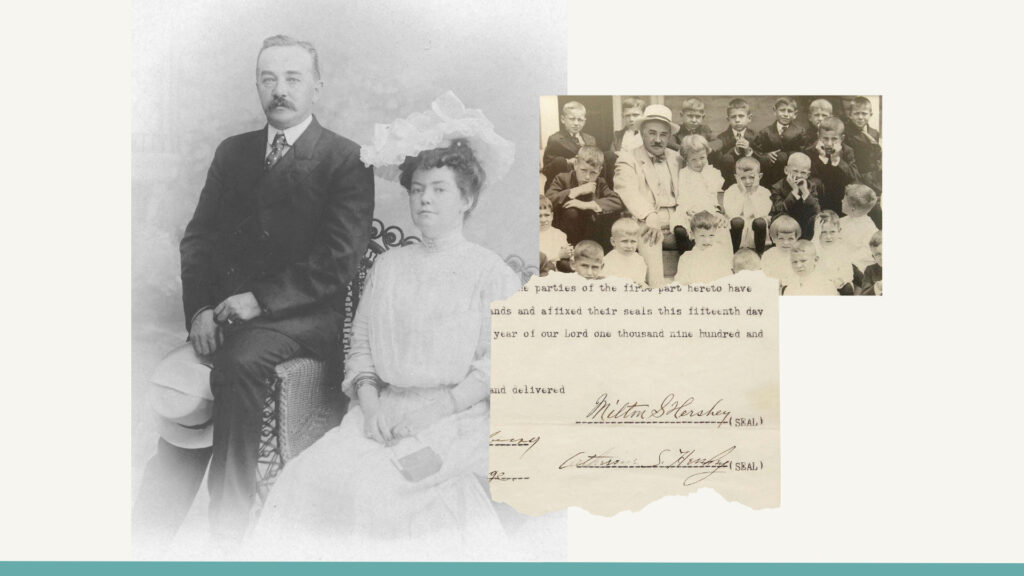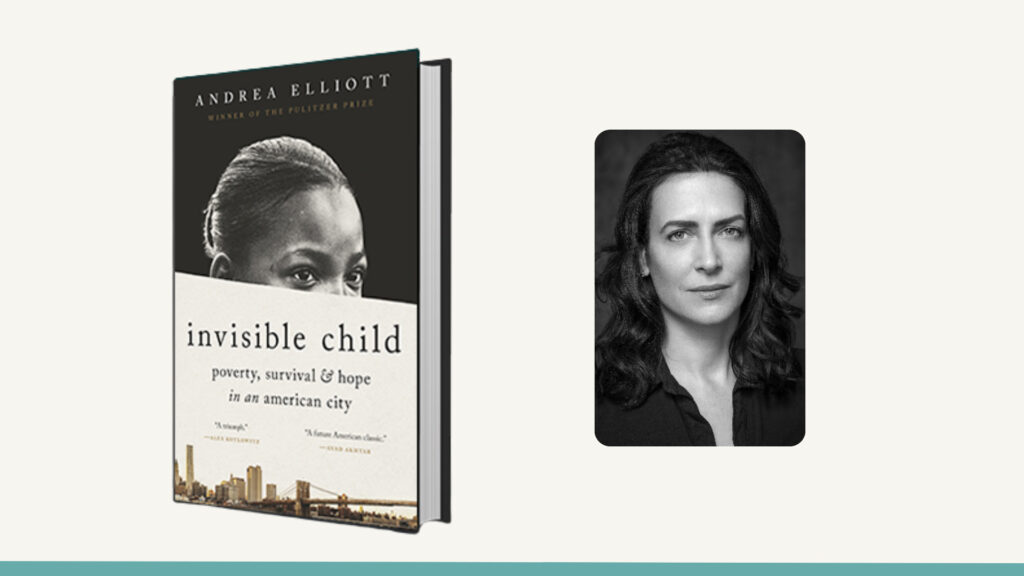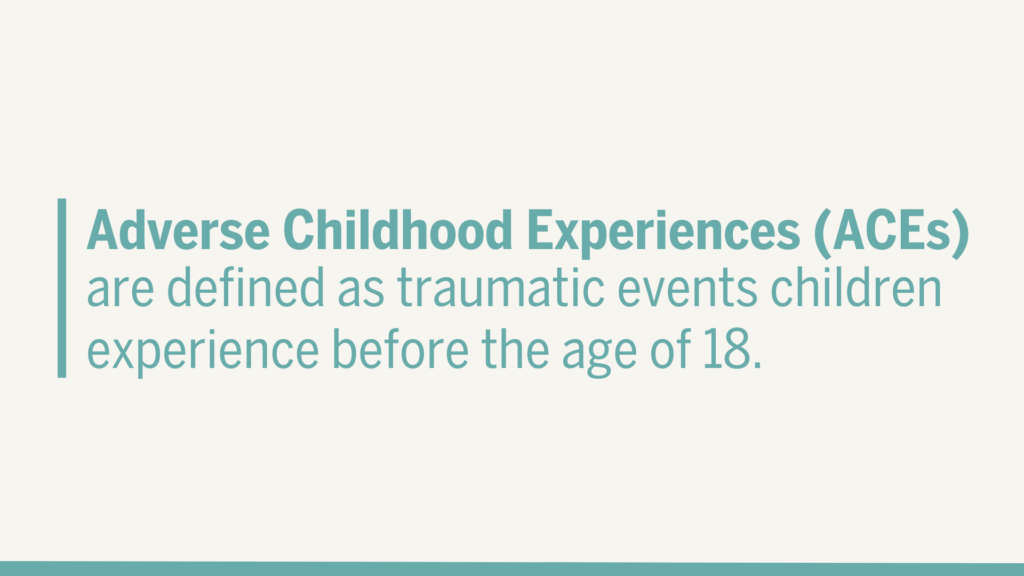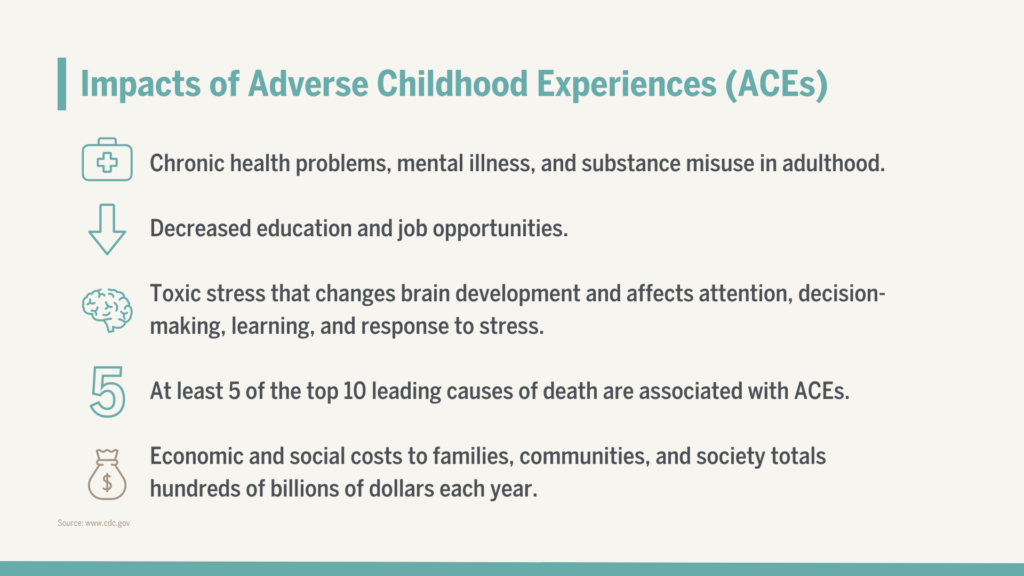Poverty Talks Series: The Legacy of Milton and Catherine Hershey Continues at Milton Hershey School
When you ask a parent what they want most for their child, it’s typical to hear words like, well-rounded, healthy, kind, compassionate, or happy. At Milton Hershey School—a free residential school for boys and girls in pre-K through 12th grade from financially disadvantaged families—when we enroll a new student, we ask the parent or sponsor about their aspirations for their child or their reasons for enrolling them. For many, it’s the possibility for their child to achieve their dreams and be the best version of themselves. For others, it’s having stability and the peace of mind that their child is growing up in a safe environment.
All MHS students come from low-income households. The average family income for new students was $23,574 in 2020-21. That’s 11% below the federal poverty guideline of $26,500 for a family of four. Our school gives these students the opportunity to break the cycle of poverty by providing a top-notch education and support that doesn’t end on graduation day.

This powerful legacy began in 1909, when our founders, Milton S. Hershey, the famous chocolatier, and his wife, Catherine, decided to create a home and school for students who needed it the most. They understood that to lead fulfilling and successful lives, children must have their basic needs met. This includes providing, food, clothing, dental and medical care, and a stable home environment—at no cost—to help address the specific challenges that children from poverty face. While our programs and curriculum have evolved with the changing times, our commitment to developing and maintaining this whole child approach to education has never wavered and is influential in the lives of thousands of students and alumni.
Recently, MHS hosted its first discussion in a four-part livestream series called Poverty Talks. These talks bring together leaders from across campus, each with their own expertise, to discuss our mission and the supports we have in place to help students succeed.

Our most recent conversation was prompted by today’s national childhood poverty crisis and the new spotlight placed on it by New York Times Pulitzer Prize-winning journalist and author Andrea Elliott. Elliott published a book on the topic, featuring a former MHS student. “Invisible Child: Poverty, Survival, and Hope in an American City” follows the life of Dasani Coates, whose family has battled poverty, homelessness, and drug addiction. “Invisible Child” goes into detail about the realities children and their families face as they try to navigate life living in poverty.

The complexities poverty creates for children reminds us of the importance of a whole child approach to education. Traumatic events in a child’s life, can cause chronic health problems, mental illness, and toxic stress. They are defined as Adverse Childhood Experiences (ACEs). ACEs have become more prevalent and complex as a result of the pandemic.
Dr. Beth Shaw, MHS Executive Director of Student Support Services described the pandemic as an uber-ACE. Since children have been experiencing a chronic stressful state for almost two years, with added personal and family health concerns, potential job losses, the loss of school and community support, activities, and daily structures, she said this all adds to the impact of ACEs.

While the concerns are real, she offered hope, “The good news is that the story does not end there. Families, schools, health care agencies and communities can provide supports, services and treatment to alter the potential impact of ACEs on children and teens.” She continued, “The most significant intervention is a sustained responsive adult relationship with a child or teen. These responsive relationships can be anyone; parent, teacher, coach, grandparent, or community member actively involved in a child’s life.”
Our founders’ generosity and vision have enabled us to develop and maintain exactly what Dr. Shaw mentioned during our talk. In addition to those important human connections that support a child in their development and give them stability and support, MHS provides resources such as dental and medical care, psychological and behavioral support, social work, food, and clothing to help address children’s needs. Dr. Erica Weiler-Timmins, MHS Director of Psychological Services and Training, emphasized the positive results such as resilience in our students and, as we support them, the opportunity to see and celebrate their success, not only here but with their lifetime goals.
Nadine Krempa, MHS Senior Director of Enrollment Management and Family Relations, shared the story of an MHS parent/sponsor who recently shared how grateful she is to have her daughter enrolled at our school for safety reasons. The grandmother said MHS took an incredible burden of worry and stress off her shoulders.
A.J. Rinaldi, one of our Home Life administrators, used his background working in different group homes, state facilities, and caregiving facilities, to talk about the positive impact of a safe and supportive school. He noted that through the tools and resources MHS has to provide whole child care and meet students’ needs outside the classroom, we can make the biggest difference in the lives of the students we serve.
“When our parents/sponsors make the courageous decision to enroll their child at MHS, it’s because when they look at their child, they see the best version of them. They see a brighter future and a world of possibilities,” said Rinaldi. “Milton Hershey School gives these students the platform for the world to see them the same way.”
He continued, “MHS attracts some of the most highly-skilled, good-hearted childcare workers in the country. They challenge, care for, and help shape our students—with the support of our parents/sponsors.”
That is our goal at Milton Hershey School—to help our students become the best version of themselves and reach their full potential. The path for each student is different, but they each receive the same level of personalized support regardless of the path they choose. We are proud of the Hersheys’ mission created more than 112 years ago. We are even more proud to see the way their vision continues to be woven into everything we do. It still has a positive impact on individuals, families, and communities which will continue for generations to come.
Watch the First Poverty Talks Livestream ConversationLearn More About the Poverty Talks Series

